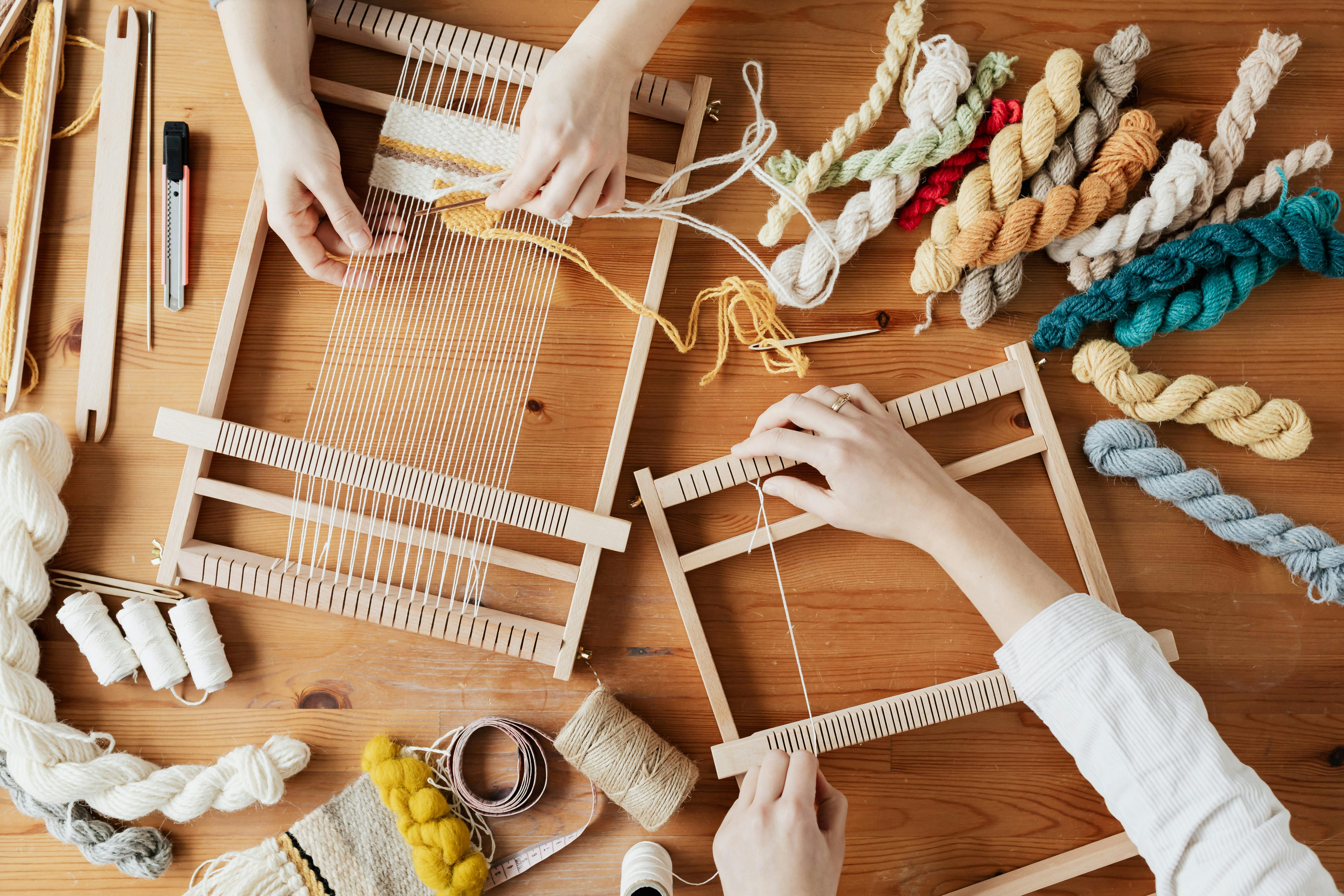infant sensory development
Promotion of sensory development in children
At birth, your baby’s senses tell him the things he needs to survive: when to feed and when to sleep. Neither of you is focusing on auditory, visual, or tactile development, but you both will be soon. These senses develop slowly but noticeably, and soon you’ll notice that your baby sees more clearly, turns her head at the sound of your voice, and wants to grasp objects.
As your baby grows, he’ll find a constant yet rewarding challenge to keep him engaged, and it can help him develop his sensory awareness from infancy through the preschool years.
infant sensory development
Your baby has been able to hear since before he was born and probably recognizes your voice. Just talking to your baby about anything will help imprint language on her developing mind. While there is debate about the benefits of playing classical music for babies, calming music can certainly calm and comfort a baby. Lullabies have survived years of parenting because they calm and soothe both the baby and the baby’s parents. The soft rhythm of the music can mimic the sounds of heartbeats that your baby has heard for so long in the womb and help prepare for language development.
Babies love to look at faces, whether they are yours or representations of them. Keep a picture book of faces on the changing table for your baby to study while she changes it. Bright and contrasting designs, like black and white graphics, will stimulate her vision, especially when she is still in the newborn stage where she sees stark contrast versus detail.
Since your baby is able to hold objects, offer her a variety of textures to touch. Fluffy blankets or bumpy teething toys will help her fine motor skills and keep her engaged. Your baby will discover that anything she can grab can go right into her mouth, and when she starts teething, she’ll appreciate the raised textures and cool teething rings.
sensory development of young children
Young children seem to be natural musicians. Banging pots and pans, singing out loud and stomping on the ground all bring that wonderful “I did it!” feeling. to your developing child. Recall the classics from your childhood and some new songs from the many rock bands turned kid bands, and get ready to sing or play them over and over again. Young children love repetition, so don’t be surprised if you can’t get “Five Green and Speckled Frogs” out of your head for days on end.
Picture books are great ways to stimulate your young child’s visual senses. Keep a spinning stack of picture books with bright and interesting designs on hand, and your toddler will gravitate toward studying their pages.
Modeling clay, Play-Doh compound, and finger paints, while they can be messy, are wonderful avenues of discovery for your toddler. The various textures will encourage his small motor development and help him get ready to write by hand. You can find many homemade recipes for modeling compound that are non-toxic and easy to prepare.
preschool sensory development
Preschoolers thrive on sensory stimulation. At this age, they are ready to differentiate between sounds, experimenting with their own voices and making imaginative play a daily routine. Watch how your preschooler plays with puppets or figures, and you will surely find that he assigns different voices to different characters. Encourage your child to listen to various bird songs, for example, and talk about how musical genres sound different and use different instruments.
Your child’s artistic talents are growing, too, and painting and drawing are great ways to let your preschooler experiment with light, composition, and color. He’ll keep non-toxic crayons, markers, and paints on hand, and you’ll naturally produce masterpieces of visual art that he’ll want to display in his home.
Let your preschooler experiment with textures and sensations, too. Sandboxes, mudpies or lacing cards and simple sewing projects will help him differentiate between textures and develop his tactile senses.
Encouraging sensory development
Since humans incorporate vision, hearing, and touch into everyday life, you don’t need any special or technical items to develop these senses in your child. Take a look and listen to their daily life. The bird feeder, the sunset and the dirty feeling of spring are perfect opportunities to awaken your child’s senses and will remind him to take a moment to enjoy these things too.
